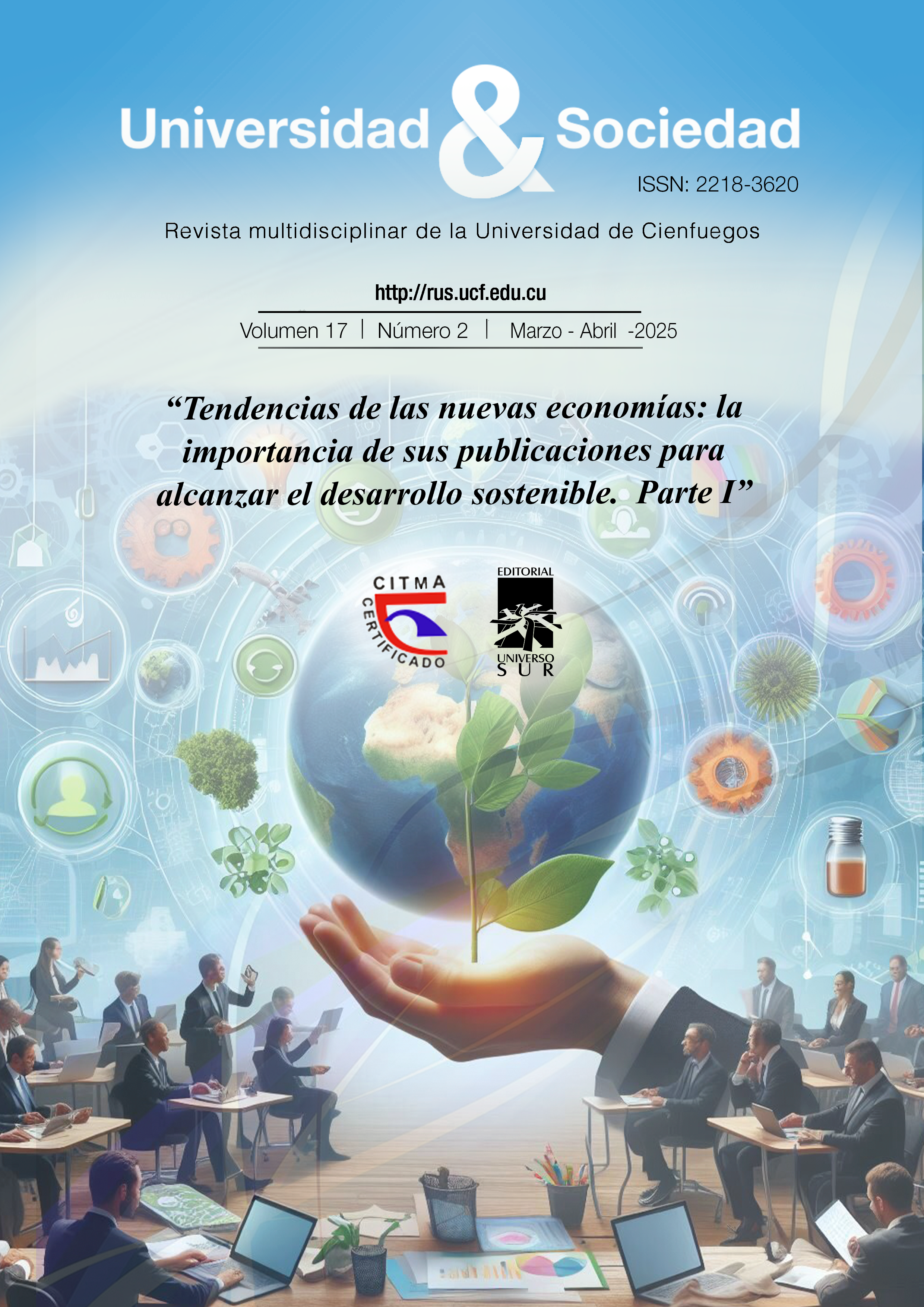Challenges of wrongfulness in the contemporary legal context
Keywords:
Justice, Legal Framework, Social Transformations, Civil LawAbstract
This article focused on the challenges faced by the concept of unlawfulness in the contemporary legal context, addressing its evolution and application in criminal law. The main objective was to analyze how social, ethical, technological, and environmental transformations have influenced the interpretation and application of this principle, especially in relation to new types of crimes such as cybercrimes, human rights-related crimes, and environmental offenses. Various research methods were used, including documentary, analytical, historical-legal, dogmatic-legal, and sociological-legal methods, to provide a comprehensive analysis of unlawfulness within the legal framework. Through a review of recent bibliographic sources and regulations, as well as the study of cases and their evolution, several key findings were identified. Among the most relevant, it was emphasized that a flexible and dynamic interpretation of the concept of unlawfulness is necessary, going beyond simple norm violation and considering social and technological changes that shape criminal behaviors. It was also shown that unlawfulness should not be understood exclusively from a criminal perspective, but must integrate other branches of law such as civil, commercial, and labor law. In conclusion, it was recommended to continuously update regulations and incorporate human rights principles in the evaluation of unlawfulness, in order to ensure a more equitable justice system adapted to new social and technological challenges.
Downloads
Published
How to Cite
Issue
Section
License
Copyright (c) 2025 Editorial "Universo Sur"

This work is licensed under a Creative Commons Attribution-NonCommercial-NoDerivatives 4.0 International License.
La editorial "Universo Sur", de la Universidad de Cienfuegos, publica el contenido de la Revista "Universidad y Sociedad" bajo una Licencia Creative Commons Atribución-NoComercial-SinDerivar 4.0 Internacional.
© Podrá reproducirse, de forma parcial o total, el contenido de esta publicación, siempre que se haga de forma literal y se mencione la fuente.










